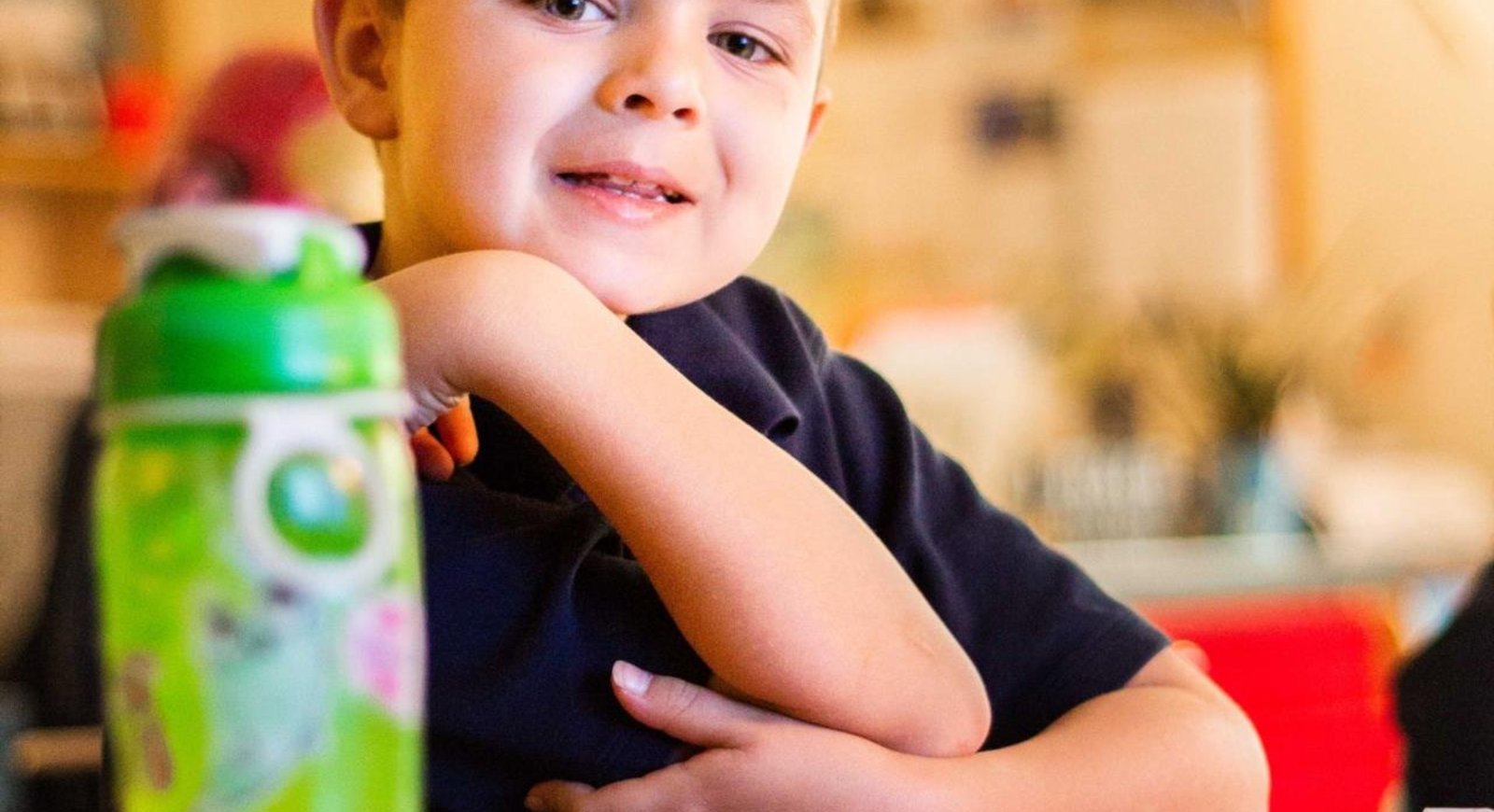 Julie Billiart Schools has helped my child become a better version of himself. The teachers and therapists at JB really know and understand how to reach children who learn differently.
Julie Billiart Schools has helped my child become a better version of himself. The teachers and therapists at JB really know and understand how to reach children who learn differently. 
JB Parent
Now enrolling!
Apply today for the 2025-26 and 2026-27 school years!
Apply today for the 2025-26 and 2026-27 school years!
Apply today for the 2025-26 and 2026-27 school years!
Apply today for the 2025-26 and 2026-27 school years!
Apply today for the 2025-26 and 2026-27 school years!
Apply today for the 2025-26 and 2026-27 school years!
Apply today for the 2025-26 and 2026-27 school years!
Apply today for the 2025-26 and 2026-27 school years!
Apply today for the 2025-26 and 2026-27 school years!
Apply today for the 2025-26 and 2026-27 school years!
Apply today for the 2025-26 and 2026-27 school years!
Apply today for the 2025-26 and 2026-27 school years!
Apply today for the 2025-26 and 2026-27 school years!
Apply today for the 2025-26 and 2026-27 school years!
Apply today for the 2025-26 and 2026-27 school years!
Apply today for the 2025-26 and 2026-27 school years!
Apply today for the 2025-26 and 2026-27 school years!
Apply today for the 2025-26 and 2026-27 school years!
Apply today for the 2025-26 and 2026-27 school years!
Apply today for the 2025-26 and 2026-27 school years!
Apply today for the 2025-26 and 2026-27 school years!
Apply today for the 2025-26 and 2026-27 school years!
Apply today for the 2025-26 and 2026-27 school years!
Apply today for the 2025-26 and 2026-27 school years!
Apply today for the 2025-26 and 2026-27 school years!
Apply today for the 2025-26 and 2026-27 school years!
Apply today for the 2025-26 and 2026-27 school years!
Apply today for the 2025-26 and 2026-27 school years!
Apply today for the 2025-26 and 2026-27 school years!
Apply today for the 2025-26 and 2026-27 school years!
Apply today for the 2025-26 and 2026-27 school years!
Apply today for the 2025-26 and 2026-27 school years!
Apply today for the 2025-26 and 2026-27 school years!
Apply today for the 2025-26 and 2026-27 school years!
Apply today for the 2025-26 and 2026-27 school years!
Apply today for the 2025-26 and 2026-27 school years!
Apply today for the 2025-26 and 2026-27 school years!
Apply today for the 2025-26 and 2026-27 school years!
Apply today for the 2025-26 and 2026-27 school years!
Apply today for the 2025-26 and 2026-27 school years!
Apply today for the 2025-26 and 2026-27 school years!
Apply today for the 2025-26 and 2026-27 school years!
Apply today for the 2025-26 and 2026-27 school years!
Apply today for the 2025-26 and 2026-27 school years!
Apply today for the 2025-26 and 2026-27 school years!
Apply today for the 2025-26 and 2026-27 school years!
Apply today for the 2025-26 and 2026-27 school years!
Apply today for the 2025-26 and 2026-27 school years!
Apply today for the 2025-26 and 2026-27 school years!
Apply today for the 2025-26 and 2026-27 school years!
Campuses
Welcome to Julie Billiart Schools, a family of K-8 coeducational, catholic schools for children with learning and social differences.
OverviewInterested in Enrollment?
Take the Next Step
Monday, July 05, 2021
The end of summer vacation is bittersweet. On one hand, the resumption of school can be an intimidating thought after a three-month brain break. On the other hand, students are eager to see their friends and teachers, and start showing you how smart, creative, and independent they can be. No matter the grade, a student’s return to school can be marred if it’s too abrupt or chaotic. But, if proper steps are taken to ensure that students are prepared for a change in their daily routines, they can navigate the new school year with success from the start. Helping them learn to be self-sufficient, confident, and aware of expectations before school starts will benefit everyone involved in their educational journey. And here are five ways you can do it.
A summer of staying up late and sleeping in can wreak havoc on your child’s internal clock. Once school starts, he or she will need to be up and alert early, and ready to function and engage during the day. Experts suggest children between 6-13 years old require between 9-11 hours of sleep. You know better than anyone whether or not that number is low, high, or just right for your child. By combining those pieces of information, you can create a modified sleep schedule that will allow your child to transition back to waking up early without jarring his or her system. Adjust his or her bedtime, wake-up time, and screen time accordingly to start the year off right!
Checklists can benefit you and your child by providing actionable, step-by-step tasks that will help with school prep and develop personal responsibility. Instead of creating checklists with new responsibilities, use what your child is already doing to create checklists that incorporate existing routines. For example, your child’s “Morning Checklist” might include brushing teeth, getting dressed, and eating breakfast. An “Afternoon Checklist” could include reading or educational activities, rest time, and lunch. And an “Evening Checklist” would help your child wind down by turning off all devices, brushing his or her teeth, and possibly talking about what’s on the schedule for the next day. Checklists are a valuable and proven part of successful special education classroom routines, helping children achieve academic and social/behavioral goals. Easing your child into using these visual supports will help them build task analysis and executive functioning skills by the time school starts.
As the most important advocate for your child’s success, you can prepare yourself for the year ahead by revisiting IEP goals, past report cards, and progress reports. By doing so, you can ensure that your child is aware of what he or she will be working on throughout the year, and encourage him or her with early exposure to summer activities that will strengthen areas of need. Leisure reading, dedicated gaming time, and outdoor play may not seem like schoolwork for your child, but activities like these can reinforce literacy skills, improve coordination and cognition, and encourage social and behavioral growth while school is out.
Rules at home are usually different from rules at school. Discussing these potential differences with your child before school starts can help mitigate any sort of culture shock he or she might encounter as a new student or a student who’s forgotten what the school rules are after three months away. A great place to start is your school’s student handbook, where everything from dress code to disciplinary procedures will be outlined and explained. Because the past year has seen an unprecedented blurring of the lines between home and school, many students may be understandably unfamiliar with what’s expected of them once they return. Familiarize yourself with your school’s basic policies, then dedicate some time to sitting down with your child, reviewing them, and answering any questions he or she might have about the upcoming year. If you get stumped, you can always reach out for clarification.
Just like teachers do in class, providing positive feedback as your children ready themselves to return to school is an effective way to ensure they’re excited and prepared for the first day back. You can help shape your child’s independence by complimenting his or her adherence to schedules and checklists (See Tip #1), encouraging positive behaviors such as voluntary reading or asking questions, and praising proper social interactions with peers. Once school starts, your child will be expected to complete these tasks on a daily basis. Building a solid foundation of confidence and autonomy through positive reinforcement will help them hit the ground running, eager and ready to succeed.

The JB Difference & Autism
Aug 05, 2020
From the classroom to the playground and everywhere in between, Julie Billiart Schools has created a...
Continue Reading
Symptoms of Too Much Screen Time
Mar 03, 2021
By JJ Schweikert, MOT, OTR/L What are possible symptoms of too much screen time? Blurry eyes, a mud...
Continue Reading
Fun for the whole family - ideas and activities from our JB family to yours!
May 17, 2021
As JB students prepare for break, parents and caretakers may be looking for kid-friendly and/or sens...
Continue Reading